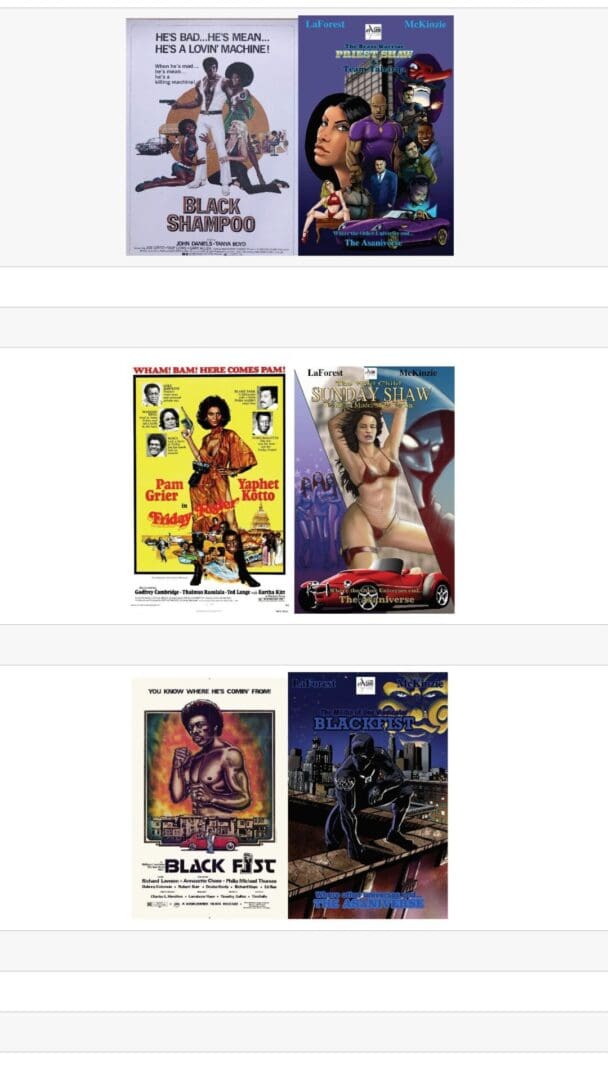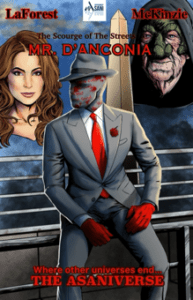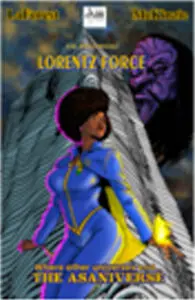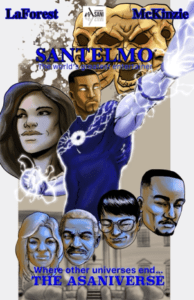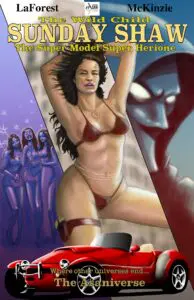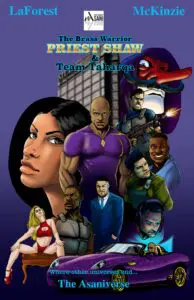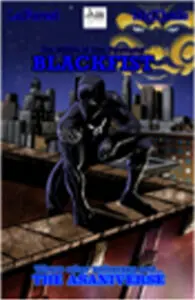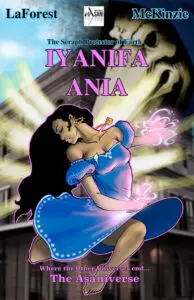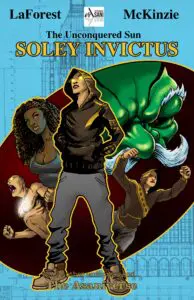Blaxploitation
[S]upercharged, bad-talking, highly romanticized melodramas about Harlem superstuds, the pimps, the private eyes and the pushers who more or less singlehandedly make whitey’s corrupt world safe for black pimping, black private-eyeing and black pushing.
Vincent Canby of The New York Times, 1976
Portmanteau /pôrt-măn′tÅ, pôrt″măn-tÅ′/
noun
A large leather suitcase that opens into two hinged compartments.
A word formed by merging the sounds and meanings of two different words, as chortle, from chuckle and snort. A word or part of a word that is analyzable as consisting of more than one morpheme without a clear boundary between them, as French du “of the†from de “of†and le “the.â€
Blaxploitation is an ethnic subgenre of the exploitation film that emerged in the United States during the early 1970s, when the combined momentum of the civil rights movement, the Black power movement, and the Black Panthers spurred black artists to reclaim power over their image, and institutions like UCLA to provide financial assistance for students of color to study filmmaking. This combined with Hollywood adopting a less restrictive rating system in 1968.
The term, a portmanteau of the words “black” and “exploitation”, was coined in August 1972 by Junius Griffin, the president of the Beverly Hills–Hollywood NAACP branch. He claimed the genre was “proliferating offenses” to the black community in its perpetuation of stereotypes often involved in crime.
After the race films of the 1940s and 1960s, the genre emerged as one of the first in which black characters and communities were protagonists, rather than sidekicks, supportive characters, or victims of brutality. The genre’s inception coincides with the rethinking of race relations in the 1970s.
Blaxploitation films were originally aimed at an urban African-American audience but the genre’s audience appeal soon broadened across racial and ethnic lines.
Hollywood realized the potential profit of expanding the audiences of blaxploitation films.
Variety credited Sweet Sweetback’s Baadasssss Song and the less radical Hollywood-financed film Shaft (both released in 1971) with the invention of the blaxploitation genre, although Cotton Comes to Harlem was released the prior year. Blaxploitation films were also the first to feature soundtracks of funk and soul music.
